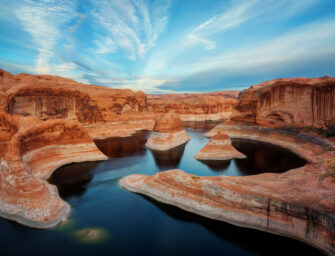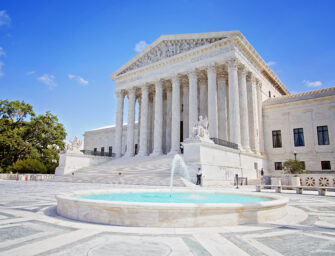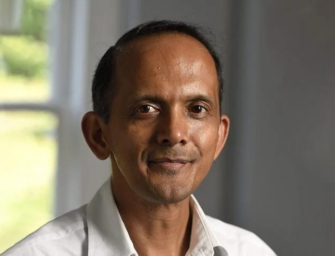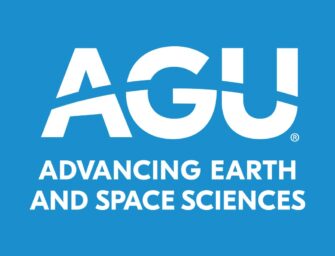“For a Borderless World of Geoscience:” Reflections on the JpGU/AGU Inaugural Joint Meeting
Four years ago, members of Japan Geosciences Union (JpGU) and AGU began working on ways our two scientific societies could work in a more collaborative and integrated fashion. A year later, AGU first participated in JpGU’s 25th anniversary symposium. Then, in 2016, AGU members presented in over 50 joint sessions at JpGU’s annual conference. This year marked the first ever fully joint AGU/JpGU meeting. “For a Borderless World of Geoscience” proved to be the largest JpGU meeting ever, with over 1,000 international scientists from around the globe convening in Makuhari Messe, Chiba, Japan from 20 – 25 May, 2017.
Arriving after a long flight, I reflected upon how this remarkable collaboration mirrored the ways scientists have long worked together across cultural, geographic, and political divides in the cooperative spirit so ingrained within the scientific enterprise. Everyone I met was extremely enthusiastic and positive about this exciting partnership.
One of the highlights of the conference was the keynote address presented by Dr. Lucy Jones, a former seismologist at the U.S. Geological Survey and research associate at the Seismological Laboratory of Caltech, in which she focused upon the importance of using accessible language to explain science that individuals from all walks of life can easily understand. Drawing on both her career as a seismologist and her study of social science, Dr. Jones stressed the idea that engaging stakeholders in the beginning creates ownership in the long term. Coming six years after the devastating Tohoku earthquake and tsunami, she also noted that, as important as it is for scientists to deliver information clearly and succinctly to the public, it is equally vital that these same scientists be ready listen to and connect with community leaders and members. “Relationship matter,” she said. “People listen to people they trust.”
Dr. Jones talk reminded me of a conversation that I had with another traveler in Japan prior to the start of the meeting. In the course of that chat, I shared with this visitor that one of my sons was working on imbedding medical clinical guidelines into electronic health records. Smart and well educated, this woman asked me – as Dr. Jones extolled – to break it down into language she could more easily understand. After I did that, she was extremely interested and engaged in learning more.
Other standout memories for me included:
- The JpGU President’s Reception, where the Vice Mayor of Chiba expressed gratitude for bringing the meeting to his city;
- A joint speech from AGU President Eric Davidson and JpGu President Hodaka Kawahata that celebrated the success of the partnership;
- A Nobel laureate discussing neutrinos and black holes with the aid of compelling animations;
- Two “hot topic” sessions on open data’s role in improving reproducibility, transparency, and integrity in research;
- Several great JpGU/AGU debates that tackled everything from long-term climate and earthquake prediction to the pros and cons of spending research funds on short-term climate forecasts; and
- The JpGU awards ceremony and reception, which was infused with Japanese culture, including the playing of taiko drums (which the audience could come and try), sake tastings, and all manner of great Japanese food.
Looking back, I feel a profound sense of gratitude and optimism after the meeting. I was reminded time and again about the benefits of international cooperation in science and why pluralism should be embraced, not feared. While nations have borders, our planet has none. I was reminded of the so-called “overview effect,” that profound shift that many astronauts and cosmonauts experience during spaceflight upon viewing Earth from space. International boundaries disappear and the need to come together to protect our fragile home becomes ever more paramount.






There are no comments
Add yours